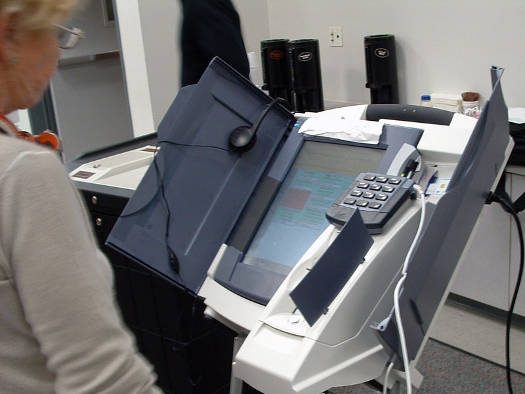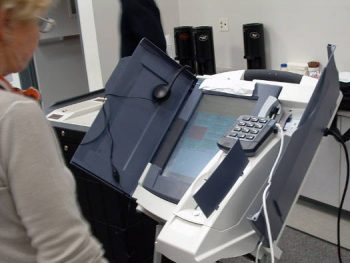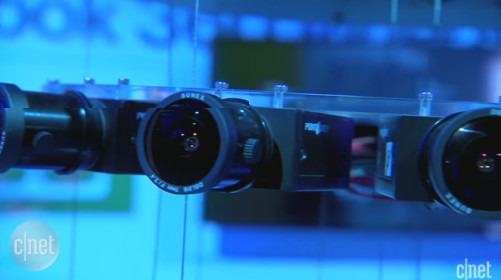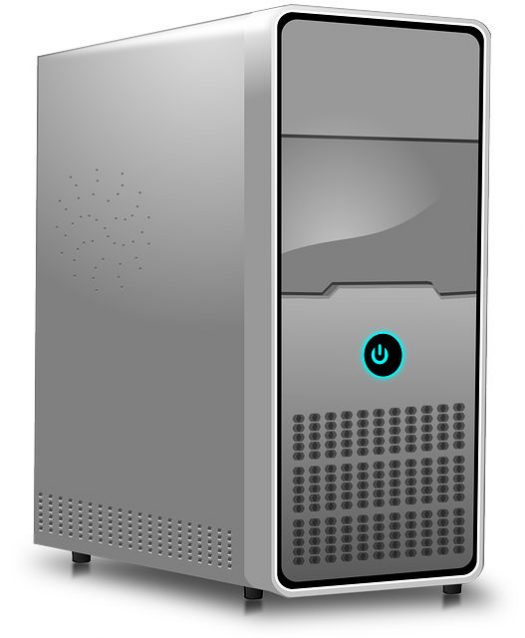The Omega2 is a quarter of the size of a credit card with a 580MH processor, 64MB RAM, 16MB flash, built-in Wi-Fi, a $5 price and with Linux preinstalled. What’s not to like about that?
The Video Screening Room
The most exciting developments in maker movement electronics is happening with low-cost Linux devices. In case you might not have heard of it, the Omega2 is a very small, very low-cost IoT Linux computer that you can program using many of the programming languages you already know. Check out the compelling Kickstarter video here.
For the past 10 years, Phil has been working at a public library in the Washington D.C.-area, helping youth and adults use the 28 public Linux stations the library offers seven days a week. He also writes for MAKE magazine, Opensource.com and TechSoup Libraries. Suggest videos by contacting Phil on Twitter or at pshapiro@his.com.

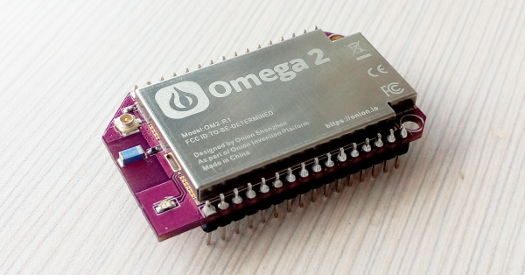
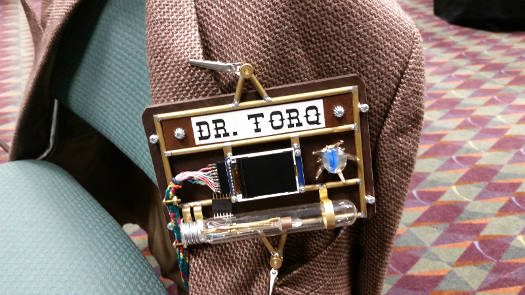

 FCC supports open source Wi-Fi firmware. For the last several months many open sourcers have been up in arms because it looked as if the door was being closed on open source on Wi-Fi routers after the agency changed it’s rules around radio interference on the 5 GHz band, making it difficult for router makers to allow users to install open source firmware on their routers. All along, the FCC claimed that shutting out open source use wasn’t part of the game plan, but we FOSSers are a suspicious lot and we weren’t buying it.
FCC supports open source Wi-Fi firmware. For the last several months many open sourcers have been up in arms because it looked as if the door was being closed on open source on Wi-Fi routers after the agency changed it’s rules around radio interference on the 5 GHz band, making it difficult for router makers to allow users to install open source firmware on their routers. All along, the FCC claimed that shutting out open source use wasn’t part of the game plan, but we FOSSers are a suspicious lot and we weren’t buying it.
